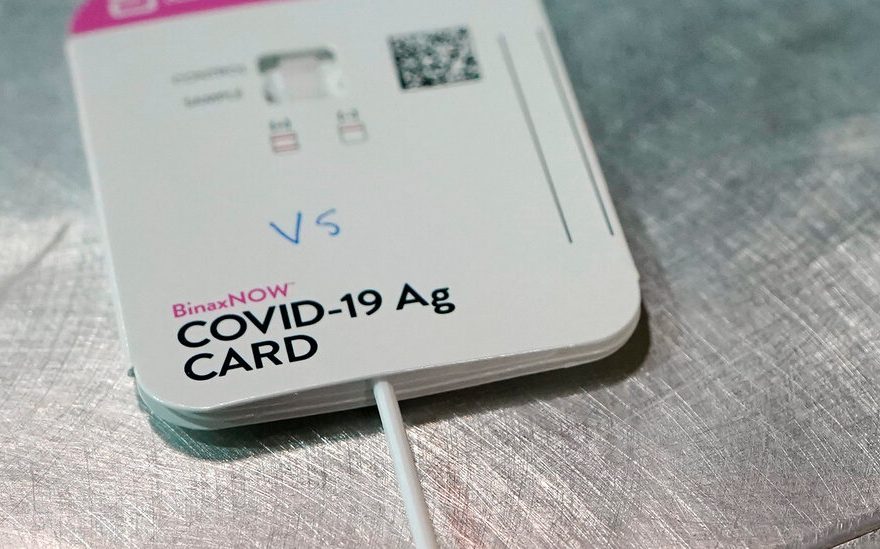At-home rapid Covid-19 tests can offer unique benefits for weddings, parties, travel or for households with children or at-risk adults.


By Tara Parker-Pope
Got the sniffles? Worried about that night out in a crowded dance club? Or maybe you just want to visit grandma but are concerned about her risk, even though you’re vaccinated.
At-home rapid Covid tests — which allow you to swab your own nose and get the results in minutes — can be a useful and reassuring way for both the vaccinated and unvaccinated to navigate the ongoing pandemic.
With the availability of vaccines for all people 12 years and older in the United States, it may be hard to imagine why anyone would still need a home test for Covid-19. But the coronavirus isn’t going away anytime soon, and a rise in infections this fall among the unvaccinated appears inevitable as a new, highly-infectious variant called Delta spreads around the world.
In most cases, regular home testing isn’t necessary for someone who is fully vaccinated. The current crop of vaccines available in the United States have been shown to be effective against the variants, including Delta. But no vaccine is 100 percent protective, and breakthrough infections, though rare, continue to occur.
A home test can offer reassurance to a vaccinated person who has traveled recently or spent time in a crowded bar. It can be used more frequently for families with young children who aren’t yet eligible for vaccination. Home tests are also useful for anyone with an at-risk family member or for people who, for whatever reason, remain unvaccinated.
“The most important aspect of these tests is the rapid result,” said Dr. Michael Mina, an assistant professor of epidemiology and immunology at the Harvard T.H. Chan School of Public Health. “Waiting two to three days for laboratory test results isn’t ideal when you need results quickly to make decisions about going to school, work or a social gathering.”
Dr. Mina, who championed the use of rapid testing at the height of the pandemic, said that more people should think about using at-home, rapid testing to keep children, the old and at-risk and the unvaccinated safer in the coming months.
Source: Read Full Article
